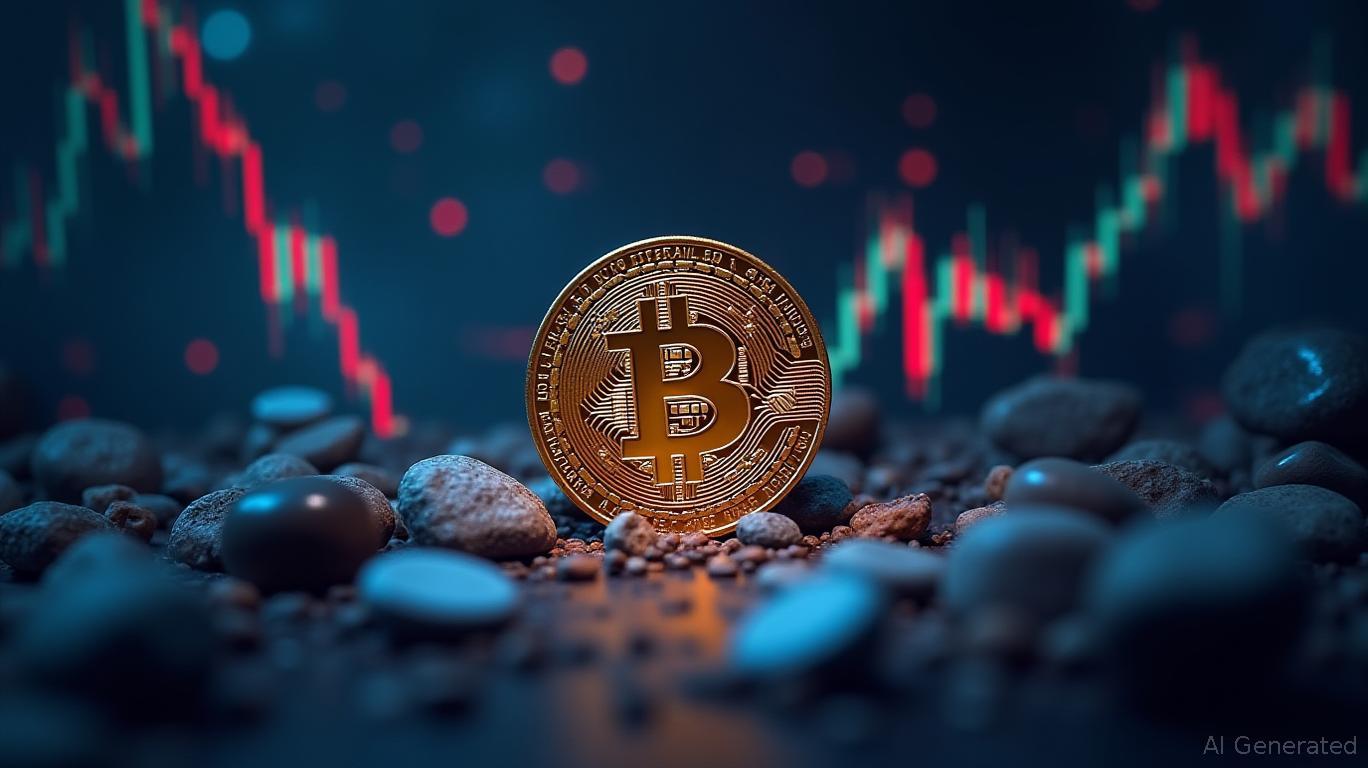Pantera Capital investor on Hyperliquid's USDH, Paradigm's Tempo, and the massive potential of stablecoins
Quick Take Pantera Capital Junior Partner Mason Nystrom explains his thesis on stablecoins being the core technology to reinvent fintech rails to be more blockchain native.
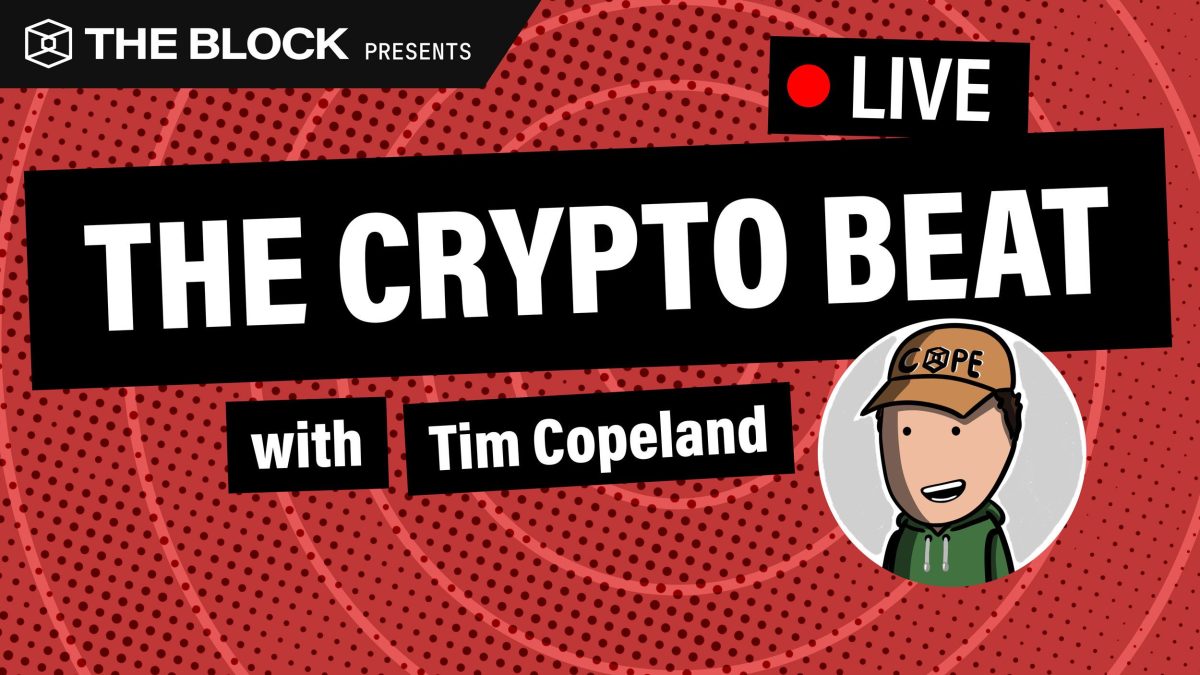
Episode 44 of The Crypto Beat was recorded with The Block's Co-Hosts Kelvin Sparks and Tim Copeland, who were joined by Pantera Capital Junior Partner Mason Nystrom.
Listen below, and subscribe to The Crypto Beat on YouTube , Apple , Spotify , Twitch, or wherever you listen to podcasts. Please send feedback and revision requests to [email protected]
In this episode of the Crypto Beat, Tim Copeland and Kelvin Sparks were joined by Mason Nystrom, Junior Partner at Pantera Capital, to discuss how stablecoins could be the tech that transforms fintech rails to be more internet blockchain native, what the Hyperliquid USDH bidding war signals for capturing payment flow, and the tokenization of real-world assets, including collectibles like Pokémon cards.
OUTLINE
00:00 - Introduction
01:44 - Mason's origin in crypto
03:35 - Research vs. VC investing
04:46 - The $1T stablecoin thesis
06:31 - Tempo: Stripe/Paradigm's payments L1
08:55 - Retail upside & neutrality questions
14:18 - Why Stripe self-disrupts
20:12 - Hyperliquid's USDH bidding war
23:43 - RWAs: tokenized collectibles
28:48 - Launchpads & DeFi platformization
33:08 - SocFi: Pump.fun vs. FriendTech
43:59 - Prediction markets & regulation
The Block Newsletters
The Block's newsletters bring you the latest news and analysis of the fast-moving crypto and DeFi markets.
Guest links:
Disclaimer: The content of this article solely reflects the author's opinion and does not represent the platform in any capacity. This article is not intended to serve as a reference for making investment decisions.
You may also like
Kalshi’s Federal Lawsuit Challenges CFTC Authority Amid Conflict With New York Sports Betting Prohibition
- Kalshi sues New York over sports betting ban, claiming CFTC's federal jurisdiction under the Supremacy Clause. - New York alleges Kalshi operates unlicensed contracts as "sports wagering," demanding compliance with state gambling laws. - Legal experts highlight federal courts' prior favor toward Kalshi, citing CFTC's 2020 DCM designation as regulatory shield. - Case could set precedent for state-federal regulatory conflicts, with Kalshi risking $50M+ annual revenue if banned in New York. - Mixed judicial
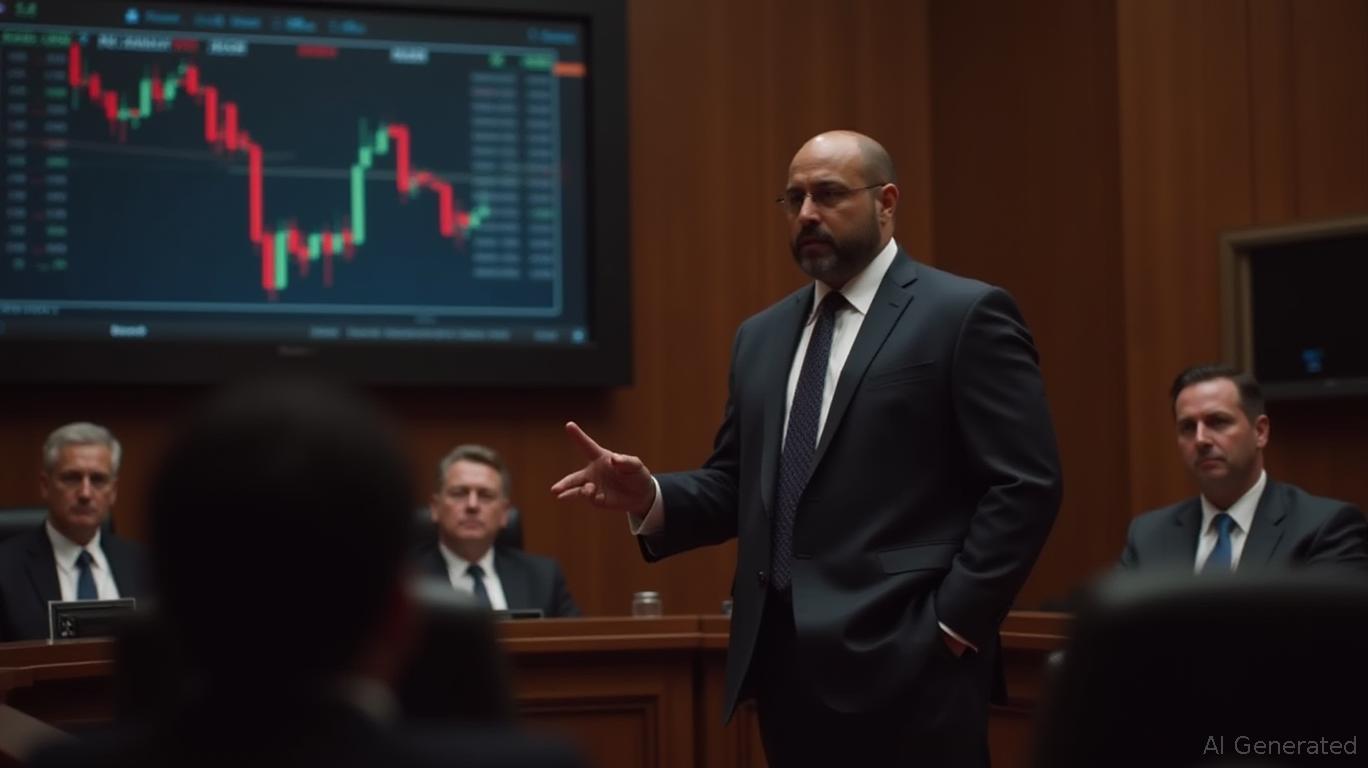
IBM's Digital Asset Oasis: Establishing Confidence Amidst the Untamed World of Tokenized Finance
- IBM launches Digital Asset Haven with Dfns to secure tokenized assets across 40+ blockchains, offering custody, compliance, and multi-party approvals. - Platform integrates hardware security, MPC/HSM signing, and offline cold storage to meet global regulatory standards for institutional digital asset management. - Growing institutional demand for tokenization drives IBM’s SaaS platform, aligning with its quantum computing and hybrid cloud strategies to dominate digital finance.
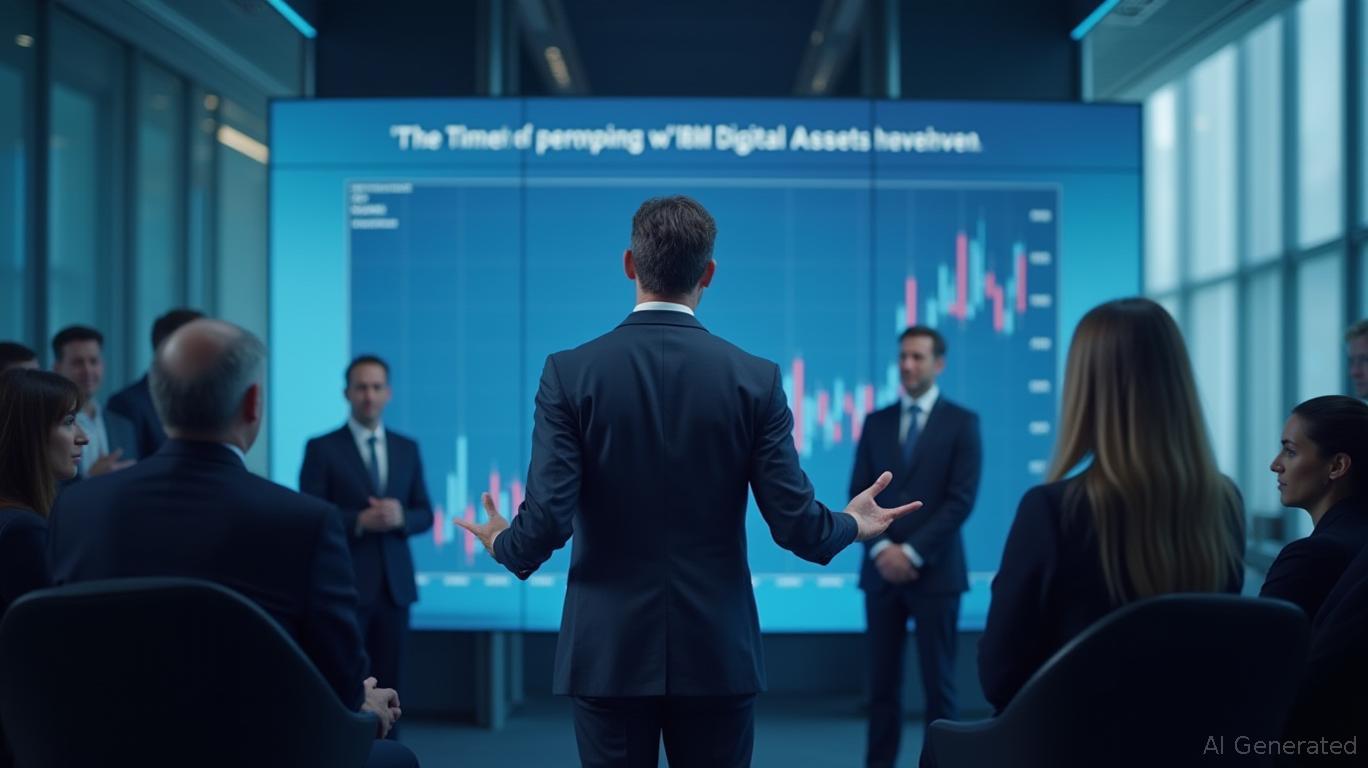
Bitcoin Latest Updates: Miners and Federal Reserve Decisions Play Crucial Roles in Bitcoin’s Path to $130K
- Bitcoin consolidates near $115,000 as miner reserves stabilize and on-chain metrics ease sell pressure, with analysts eyeing a potential $120,000 breakout toward $125,000–$130,000. - Institutional demand via ETFs and Layer-2 adoption boosts miner profitability, while Fed rate cuts and U.S.-China trade easing add macroeconomic catalysts for upward momentum. - Technical indicators show balanced inflows and RSI recovery, but risks persist below $110,000, threatening miner solvency and macro-driven sell-offs
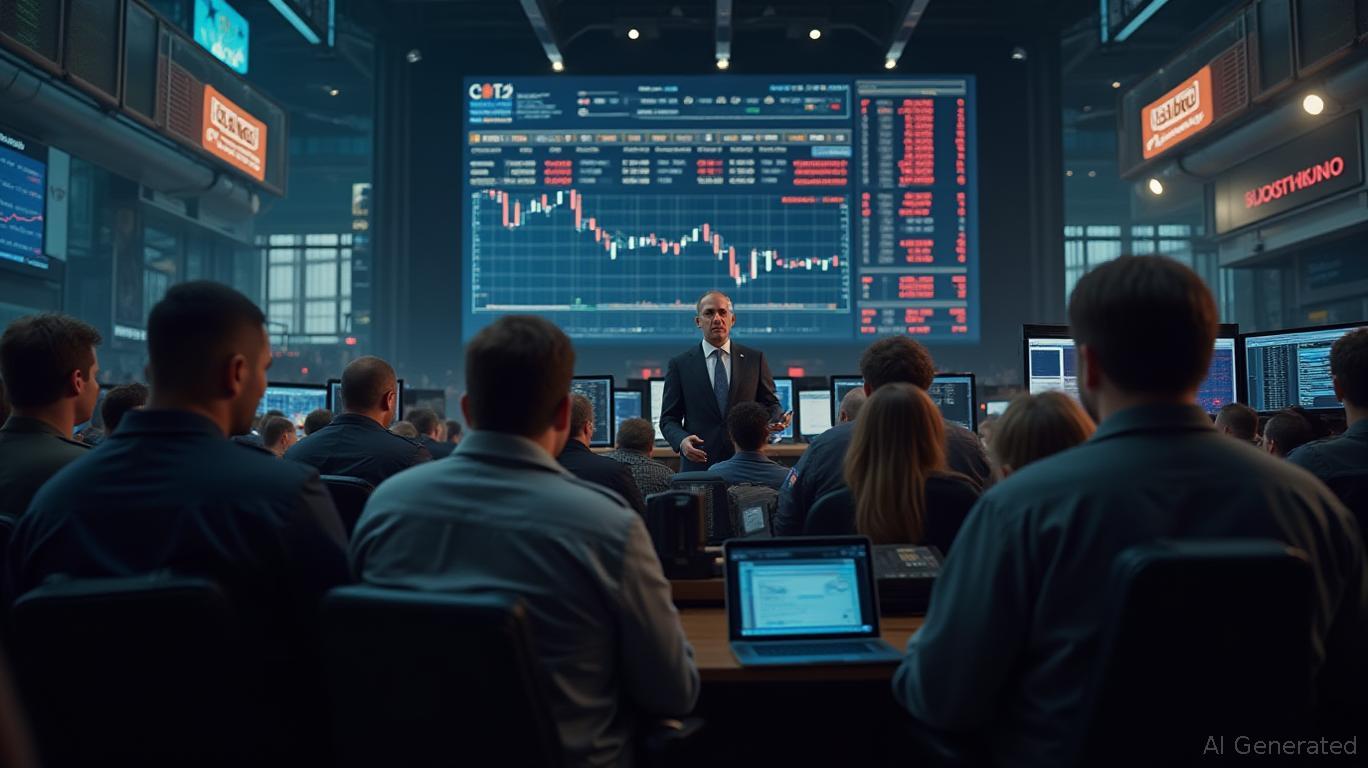
Solana News Update: Pump.fun's Takeover Sparks Debate Amid PADRE's 76% Drop
- Pump.fun's acquisition of Padre triggered a 10% PUMP price surge to $0.0043, with a whale accumulating $16.38 million in the token. - The move aims to enhance trading incentives on Solana but sparked controversy as PADRE plummeted 76% post-announcement, leaving users demanding compensation. - PUMP now approaches $0.005 resistance after consolidation, while PADRE holders criticize the phased-out utility and lack of airdrops for the acquired terminal's native token.
